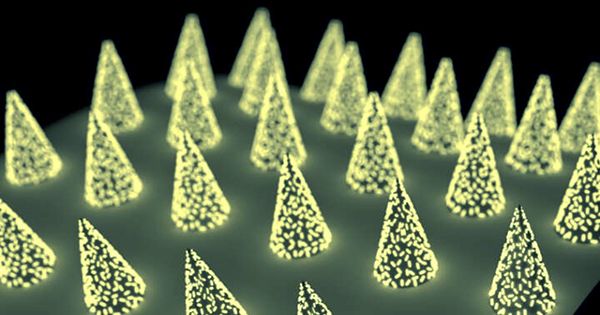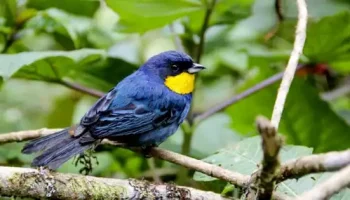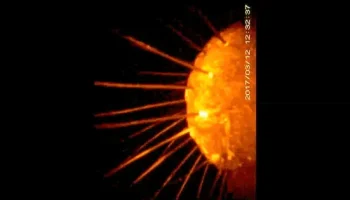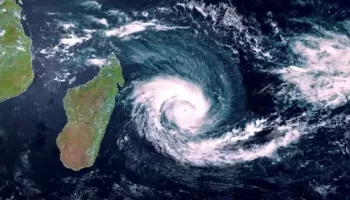Moderna’s Covid-19 Vaccine Interim Analysis Shows A 94.5 Percent Effectiveness: The US biotech company Moderna has reported encouraging results through a three-stage test of its candidate vaccine. The interim analysis shows that its job efficiency is about 94.5 percent. Although the data has not yet been peer-reviewed and more work remains to be done, the announcement, along with last week, has been warmly welcomed. The test involved 30,000 people in the United States. Half of the participants were given two doses of the vaccine (four weeks apart) and the rest were given a placebo.
Your Brain and the Universe Are More Similar Than Previously Thought: Over vast distances, galaxies are organized into structures of filaments, nodes, and voids that are collectively known as the cosmic web. Inside our brain, neurons are also organized in a network of fibers and nodes. This match has long captured the curiosity of scientists, artists, and the general public. Now, new research published in Frontiers in Physics has shown that the two systems are much more similar than we thought.
Common Antidepressant Helps to Inhibit Cancer Growth in Mice, Study Finds: A common antidepressant drug can also inhibit the growth of cancer cells, suggests a new study published in Molecular Cancer Therapeutics. Sertraline is the most commonly prescribed drug in the United States and it is used to fight depression, but research on cell culture and animal models has also shown that it directly inhibits cancer growth without damaging normal cells. Since the drug is already established as safe for regular use, repetition is a promising treatment option to fight cancer.
The Building Blocks of Life Can Form In the Depths of Space Thanks To Dark Chemistry: The building blocks of proteins may not require complex elements or more energy to form amino acids. Researchers have shown that glycine, the simplest amino acid, can be formed in inland clouds for “dark chemistry”. As published by Nature Astronomy, the researchers probably created amino acids in the depths of space.
Dinosaurs Probably Weren’t Declining When the Asteroid Hit: Paleontologists have long believed that the Chicxulub crater reduced the number and diversity of dinosaurs before the asteroid arrived. The reasons for this have been much debated and the observation was even used to cast doubt on the theory that the asteroid effect caused the extinction of dinosaurs (birds aside). Yet the whole idea can be a delusion.





